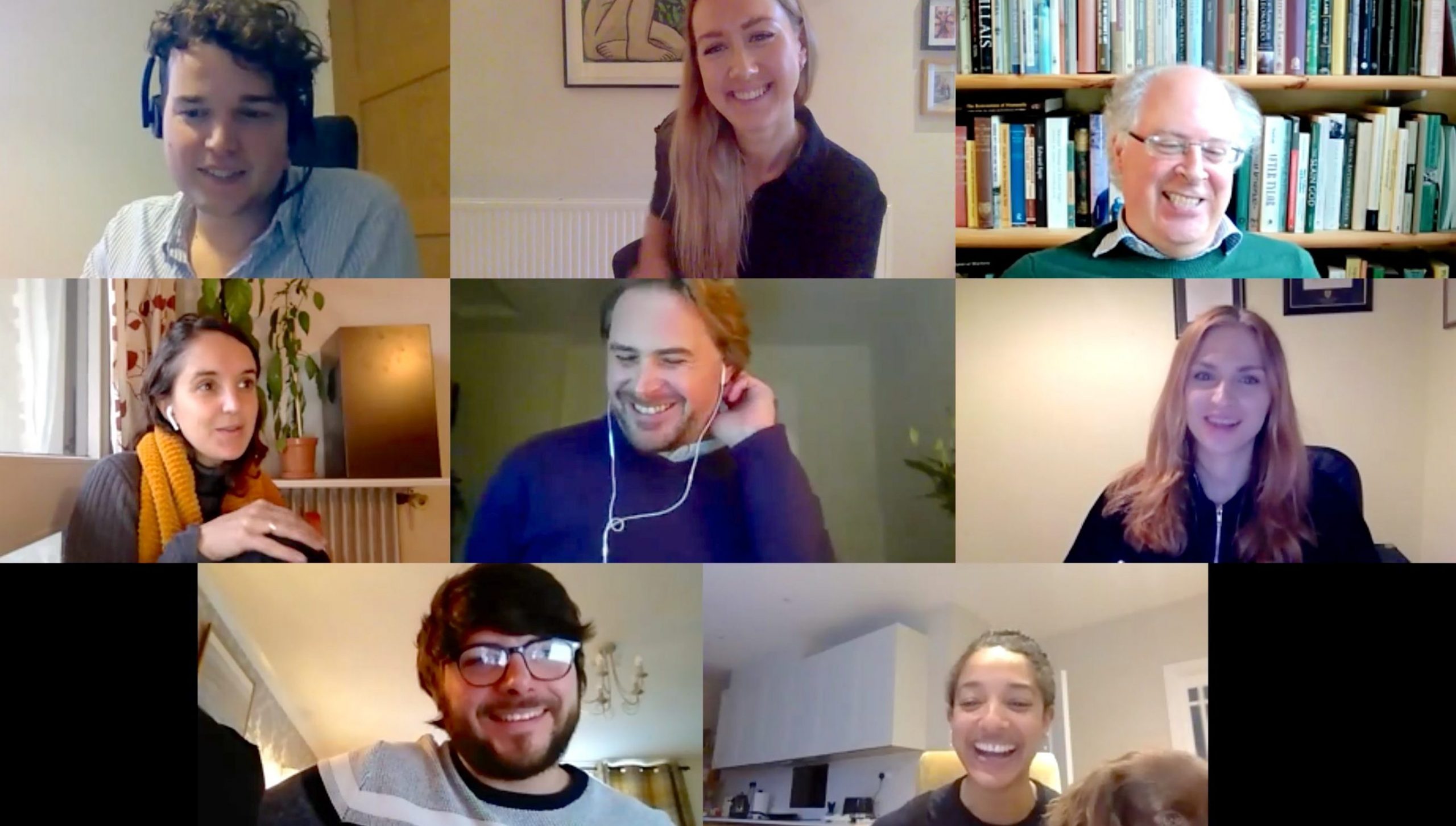By Annie Thwaite //
In August, the SESC team began to work with four secondary school history teacher consultants to make Key Stage 3 School Resource Packs based on our archival research. These School Resource Packs will all focus on one main research question: In what ways do schools reflect change in the United Kingdom since 1945? However, each teacher will also be responsible for making an individually themed pack:
- Gender & sexuality (Molly Navey: Priory School, Lewes, East Sussex)
- Race & ethnicity (Hannah Cusworth: The Charter School, East Dulwich)
- Class & social mobility (Andrew Stacey-Chapman: Northallerton School & Sixth Form College, North Yorkshire)
- Everyday school life (Jonny Sellin: Bottisham Village College, Cambridgeshire)

We introduced the teachers and the details of the School Resource Packs (SRPs) in an earlier blogpost which you can read here. However, last week we had our second workshop, where the history teachers provided updates on the packs, and we discussed the progress they have made so far. This post gives an insight into how the packs are progressing.
Molly is examining changing experiences of and attitudes to gender and sexuality through the lens of secondary education. As well as providing a local study of her own school (Priory School in Lewes, East Sussex, at which there was a great debate over gender neutral school uniform), she hopes to focus on what primary source evidence historians use and the limitations of this evidence, as well as showcasing specific historians and their arguments. The sources Molly hopes to use include floorplans evidencing changing school layouts, statistical evidence regarding careers and the destinations of male and female school leavers, and excerpts from school magazines where pupils talk about their own gendered experiences.
Hannah is using the enquiry question ‘In what ways do schools reflect changing attitudes towards race in the UK since 1945?’ as a framework for her pack on race and ethnicity. She hopes to plan lessons which cover topics including bussing, community activism, and religious school expansion. Hannah is considering a local study either on Bradford or London, and her sources may include photos and leaflets from to anti-racism campaigns, and oral histories of former student experiences with racism.
Jonny discussed the breadth of his topic, ‘everyday school life’, and the pros and cons of using change and continuity as opposed to evidential thinking as the conceptual driver of his school resource pack. He emphasised the need to make his pack flexible so that teachers short on time would be able to pick out a lesson or two, while at the same time making it rigorous and contextually well-supported. Jonny hopes to focus on topics ranging from curriculum, to corporal punishment, to homework and examinations, to school trips.
Finally, Andrew picked up on the word ‘reflect’ as key to formulating his resource pack, using the question ‘Are schools a reflection of societal change or a driver of social change?’ to anchor his work. He is aiming to make lesson plans which track changes in policy and trends in social mobility, with a local study on Northallerton School where he teaches. Northallerton was a grammar school until 1973 when it became a comprehensive, but it retained the ‘grammar’ name until the 1990s (and is still referred to by many locals as the ‘grammar school’). Andrew hopes to make use of school log book entries recording school closures and mergers, as well as birth cohort data where participants were asked about their perceptions of class.
The history teachers will draft the School Resource Packs by the end of December 2020, and then in early 2021 the SESC team will undertake workshops to trial the resource packs at different secondary schools across the UK. Eventually, they will be made free and permanently available online through the Historical Association, as well as through other teacher networks and across social media. We’re very grateful for the brilliant work being done by our history teachers, and we are looking forward to providing further updates about the School Resource Packs in the weeks to come!